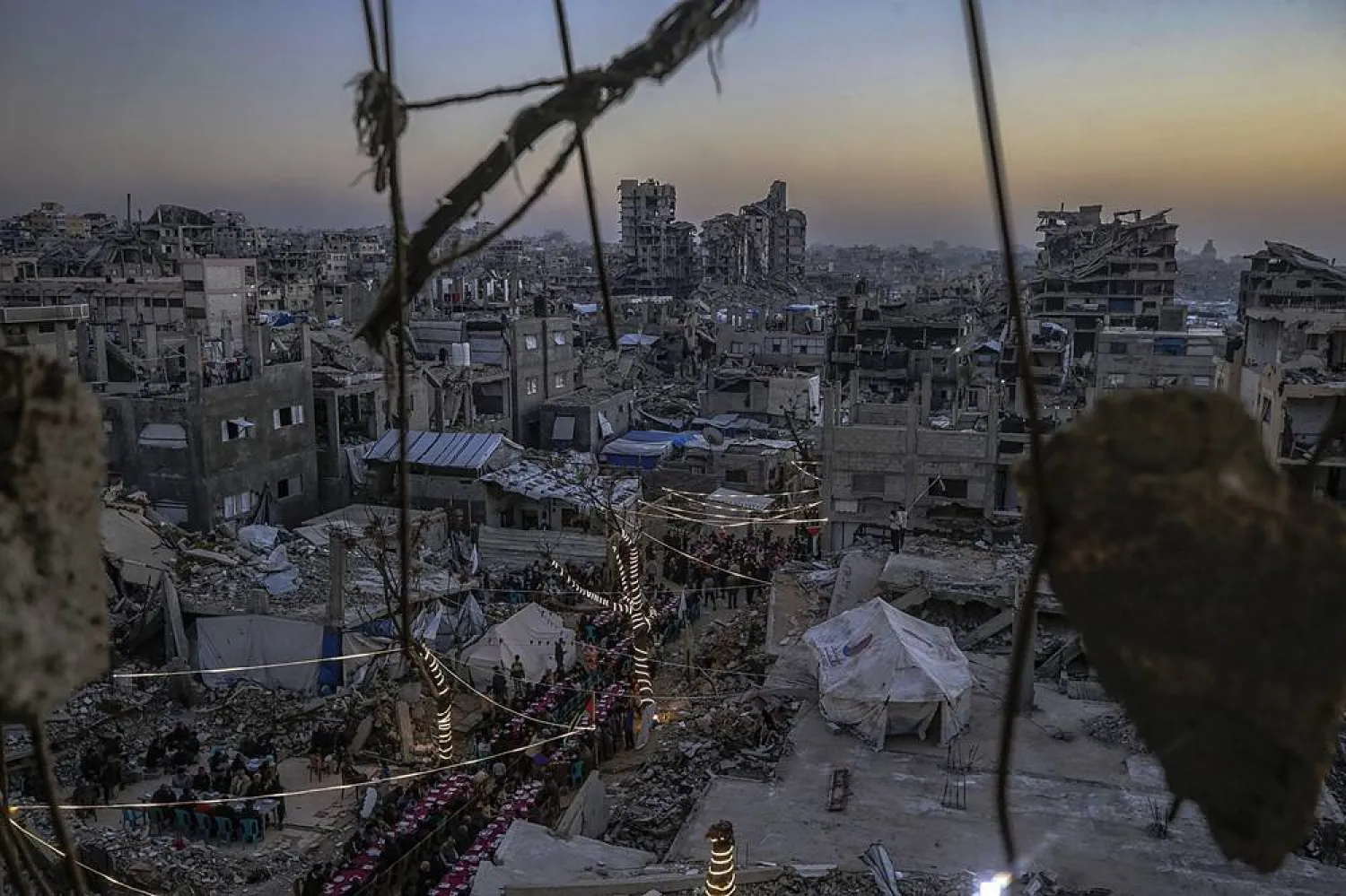The tripartite committee composed of UNIFIL officers and senior figures from the Lebanese army and the Israeli side will follow up on the latest Israeli violations against Lebanon’s southern territory, ruling out a feared military escalation between the two countries.
Tensions escalated recently between Lebanon and Israel after Israel in recent weeks built a wall around the Lebanese part of Ghajar, a border town that straddles the Mediterranean country and Israeli-occupied Syrian Golan Heights. Hezbollah has also erected two tents in a disputed border area in the Shebaa farms, in southeast Lebanon.
American mediation in this conflict has not been recorded but was strictly limited to urging the rival sides to avoid any provocations.
Meanwhile, following the visit of US envoy Amos Hochstein to Tel Aviv on Tuesday, expectations surfaced that a US mediation could possibly be in sight to assist with the demarcation of the land border between Lebanon and Israel.
But Deputy Speaker Elias Bou Saab told Asharq Al-Awsat that “neither the Americans offered to mediate nor did Lebanon ask for any American effort in this particular matter”.
Hochstein is the US envoy mediating between Lebanon and Israel over their disputed maritime border.
Moreover, and after reports that Maj. Gen. Abbas Ibrahim was tasked with leading negotiations with the US on the matter, unnamed Lebanese sources said the claims were inaccurate.
“Today, and working through a tripartite committee is highly recommended, because at the core of its tasks is to address the violations against the land borders,” Lebanese sources told Asharq Al-Awsat on condition of anonymity.
A monthly meeting between the UNIFIL head in Lebanon and senior officers from the Lebanese Armed Forces (LAF) and the Israeli army is held at a UN position in Ras Al Naqoura to tackle security and military matters between the two countries.
Tension escalated on Wednesday when an explosion near Lebanon’s border with Israel slightly wounded at least three members of the militant Hezbollah group, a Lebanese security official had said.
Israeli Defense Minister Yoav Gallant said the army “deterred activists with nonlethal means.”
UNIFIL said: “We urge everyone to cease any action that may lead to escalation of any kind.”
Hezbollah had no immediate comment on the incident.
Lebanese officials said that Israel in recent weeks has built a wall around the Lebanese part of Ghajar, a border town that straddles the tiny Mediterranean country and Israeli-occupied Syrian Golan Heights.
Lebanon’s foreign minister asked the country’s permanent mission to the United Nations to file a complaint on the matter.
Israel meanwhile in June filed a complaint with the UN claiming that Hezbollah had set up tents several dozen meters (yards) within Israeli territory. It’s unclear what the tents were used for and what was inside them. They were erected in Shebaa Farms and the Kfar Chouba hills, which Israeli captured from Syria during the 1967 Mideast War and annexed in 1981, though Lebanon claims the area belongs to them.
Israel considers Hezbollah its most serious immediate threat, and estimates that it has some 150,000 rockets and missiles aimed at Israel.









